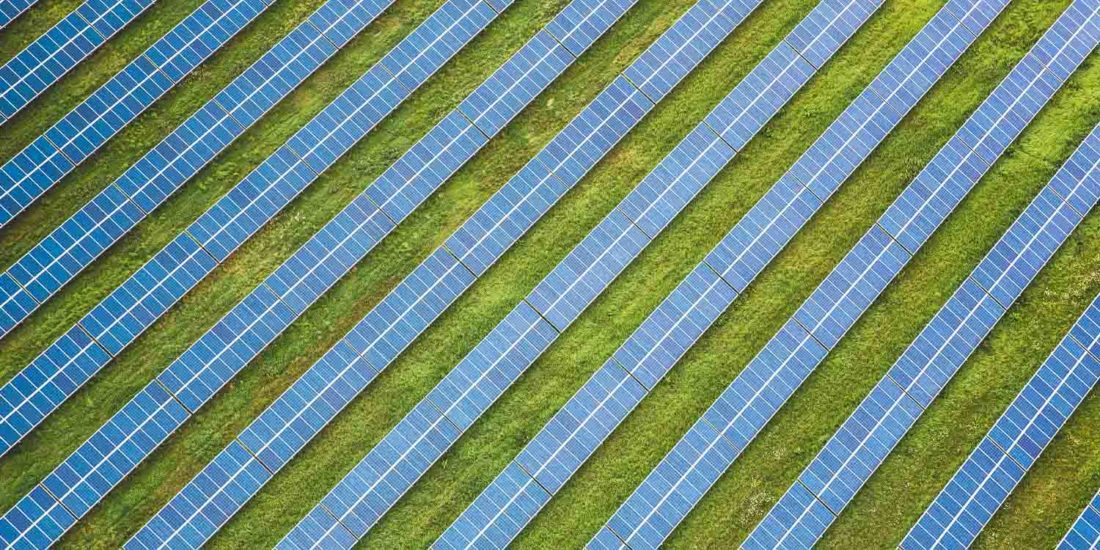COP26 adopted the ambitious Glasgow Climate Pact. However, an ambitious statement does not necessarily lead to equivalent actions. Contrary to the IEA’s vision on Sustainable Recovery, the recovery process from COVID-19 has resulted in the highest CO2 emissions in 2021. Energy crisis since last autumn is being further exacerbated by the Ukraine war. On one hand, reducing import dependence on Russian energy could accelerate the clean energy transition. On the other hand, substituting energy supply from Russia could necessitate additional fossil fuel investment which is incompatible with the 1.5 degree pathway. There is marked difference between developed and developing countries as to priorities among 17 SDGs and SDG13 (climate action) is not the top priority in developing countries. Competition over LNG supply between Europe and Asia could further raise gas prices and discourage fuel switching in Asian developing countries from coal to natural gas. More fundamentally, a “divided world” after the Ukraine war would not be conducive to global collaboration in combating climate change. What could we do to sustain climate action amid various adverse environments?
Read presenter biographiesClimate Change, Energy Security and the Ukraine War

